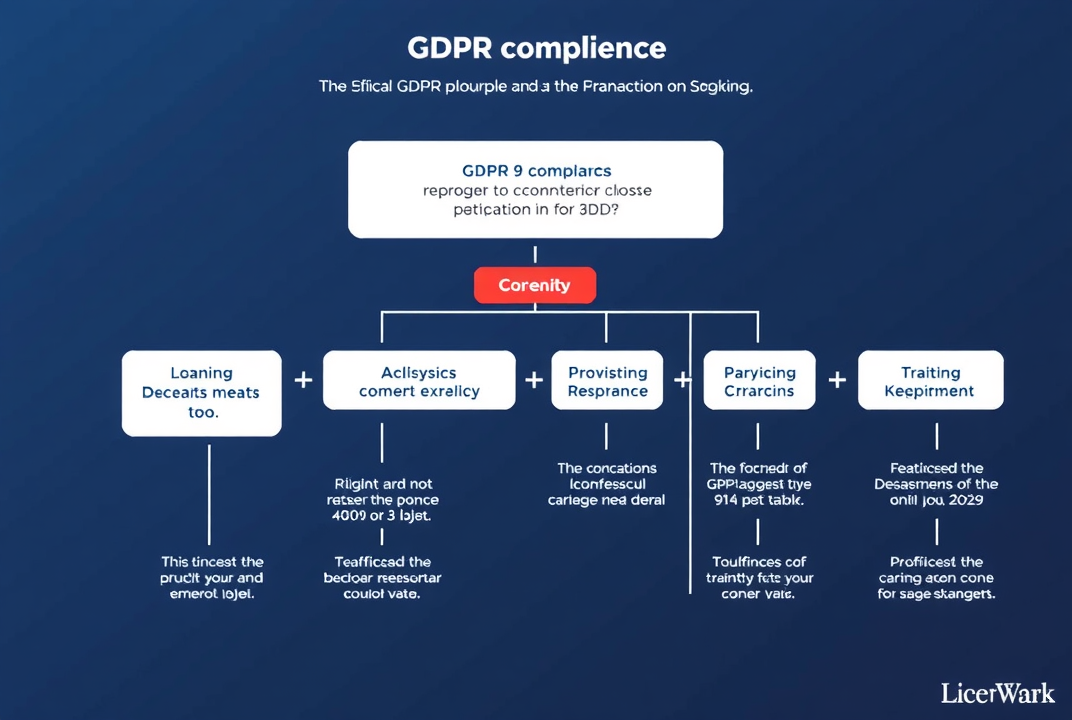AI and Privacy: Navigating the New Landscape

Introduction
Is your data truly private in the age of artificial intelligence? As AI technology continues to advance, the implications for privacy have become a focal point of discussion across industries and society. With AI systems processing vast amounts of data, understanding privacy concerns becomes crucial.
In this article, we will explore the relationship between AI and privacy, key areas of concern, the impact of regulations, and the future outlook on this pressing topic.
AI and Privacy: Key Concerns
With AI's increasing capabilities, privacy concerns are at the forefront:
Data Collection and Usage
AI systems require large datasets for training and improvement. How this data is collected, stored, and used raises significant privacy questions:
-
Data Collection: AI platforms often collect data from various sources without explicit consent.

-
Data Usage: Once collected, how the data is used, especially for predictive analytics, can lead to invasive profiling.
Loss of Control
Users often have little control over their data once it is collected:
-
Consent: Informing users and obtaining consent remains challenging, as terms and conditions are often complex.
-
Data Ownership: Clarifying who owns the data once it is collected.
Increased Surveillance
AI enhances surveillance capabilities, which can infringe on personal privacy:
-
Facial Recognition: Increasingly used in public spaces, raising ethical questions.
-
Behavioral Monitoring: Tracking online behavior and predicting future actions.
Regulatory Landscape
GDPR and Beyond
The European Union's General Data Protection Regulation (GDPR) has set the standard for data privacy regulations globally:
-
User Rights: GDPR mandates transparency, data protection, and user rights over their information.

-
Influence: Inspired similar regulations worldwide, emphasizing user privacy and data security.
Emerging Regulations
Countries are developing regulations to address AI-related privacy concerns:
-
CCPA: The California Consumer Privacy Act provides similar rights as GDPR in the United States.
-
AI-Specific Laws: New laws are emerging focused specifically on AI and privacy.
Balancing Innovation and Privacy
Finding a balance between technological advancement and privacy protection is essential:
Privacy-Preserving Techniques
Innovations aim to alleviate privacy concerns without hindering AI development:
-
Differential Privacy: Adding noise to data, ensuring privacy while maintaining data utility.
-
Federated Learning: Data remains decentralized while enabling machine learning, reducing privacy risks.
Ethical AI Development
Establishing ethical practices is essential:
-
Transparency: Companies must be transparent about data handling practices.
-
Accountability: Developers should take accountability measures if their AI systems infringe on privacy.
Case Studies
Exploring real-world examples can illustrate successes and areas needing improvement:
-
Smart Cities: Use of AI for urban development while safeguarding residents' privacy.
-
Healthcare AI: Innovations in patient care with a focus on data protection.
Future Outlook
AI and privacy will continue to be interlinked as technology evolves:
Trends and Predictions
-
Decentralized Solutions: Moving towards solutions that minimize centralized data control.
-
Increased Awareness: Public awareness and demand for privacy-intensive solutions will grow.
Calls to Action
Stakeholders must engage in ongoing dialogue to shape AI's impact on privacy:
-
Continuous Update of Regulations: Adapting laws to address new technologies.
-
Engagement: Encouraging civic engagement in decision-making processes.
Conclusion
Balancing AI's benefits with privacy protection is vital for future ethical technology development. As more stakeholders recognize privacy as a fundamental right, efforts to secure personal data in the age of AI will likely strengthen. Readers are encouraged to stay informed and engage in conversations about artificial intelligence and privacy to help shape a responsible future. For more resources, consider exploring guidelines on ethical AI practices or participating in workshops on privacy rights.